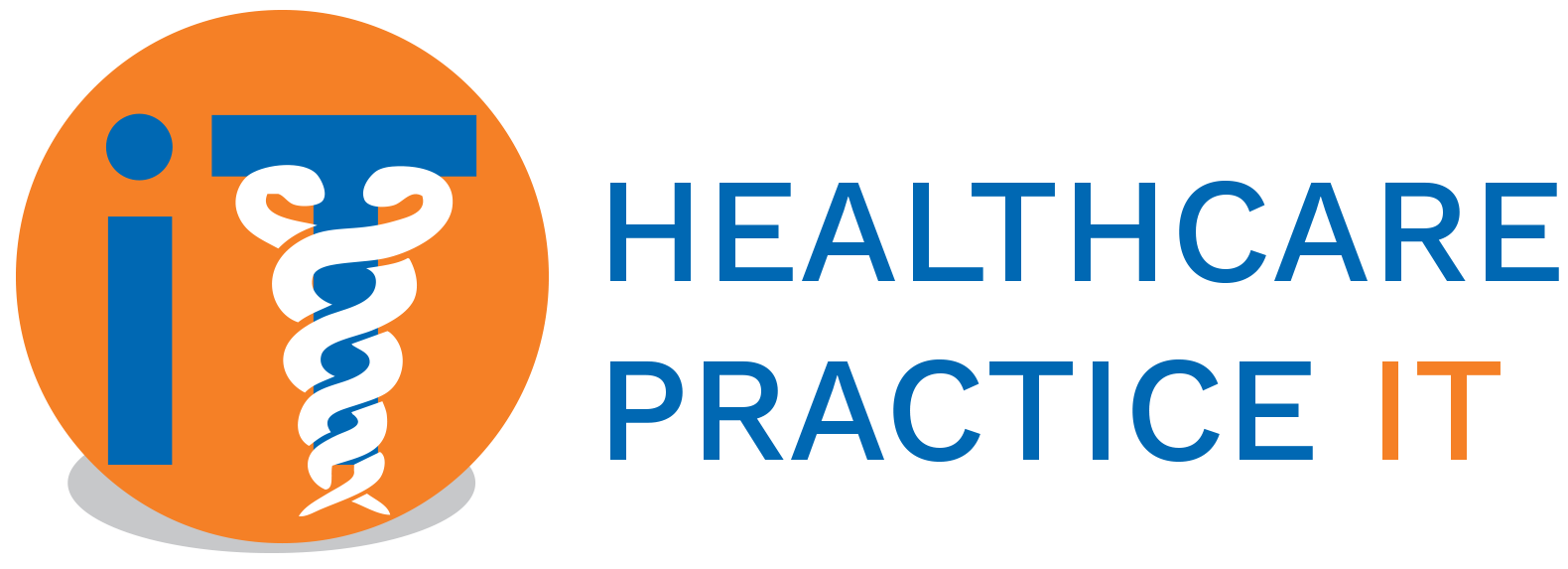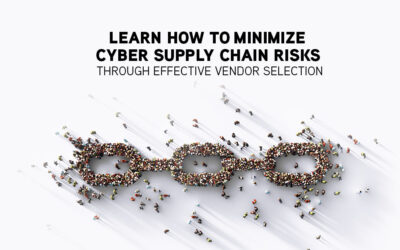The Case for Trust-Building as a Small Business (It’s not just for enterprises)
There is a strong connection between trust and prosperity. In fact, when trust levels are high, businesses tend to grow faster. According to McKinsey and Company, Harvard Business Review, Forrester Research and many other reputable organizations, trust is the connecting fabric upon which innovation and business success are built.
You might think that trust-building isn’t crucial for small to medium-sized businesses (SMBs), but it is critical if you want to achieve your business objectives and keep your employees and customers satisfied. While you might not expect a technology company like ours to discuss trust, we care about your business objectives and believe it is essential for your people, processes and technology.
Building trust is essential for any organization, whether it’s a startup or a Fortune 500 company. It gives employees the confidence to take chances and innovate, gives customers the confidence to buy from and collaborate with you, and gives partners the confidence to do business with you. But how do you create a foundation for trust?
Leverage processes and technology
Building trust is not easy, and it often takes time and effort to develop. Luckily, there are a few things companies can do to succeed.
Integrate technologies
Technology integration is one of the most important considerations for businesses today. Not only do neatly integrated technologies save time and serve as a reliable foundation, they can also reduce friction within your company. Inefficient or incompatible technologies can create chaos and confusion, slowing down workflows and damaging productivity.
If you take the time to select and integrate the right technologies, it can make all the difference in terms of organizational efficiency and success.
Deploy thoughtful processes
Thoughtful processes that consider the user experience can reduce confusion and opportunities for conflict and make it easier for employees to work for you. Friction arises when an individual’s expectations do not match the actual experience. When this occurs, it can lead to conflict as people attempt to shift responsibility or blame.
Thoughtful processes can help ensure that everyone’s expectations are met, minimizing the chances of a conflict.
Secure data
When it comes to organizational data breaches, customers and employees are quick to lose trust in companies that can’t protect their sensitive data. Implementing measures to secure your customer and employee data is one way to help rebuild trust. In doing so, you are not only protecting your customers and employees, but also your bottom line.
Volkswagen Group of America recently confirmed a data breach that occurred in 2021.* The data breach, which affected approximately three million customers, resulted in the theft of customer names, email addresses and vehicle identification numbers. The company had to spend a lot of money on recovery, but how many SMBs can afford that?
What’s more concerning is that the Volkswagen data breach is just the latest in a long series of cybersecurity incidents, with more likely to follow in the coming years.
Choose the right partner
Since trust-building can be so challenging for SMBs to handle alone, collaborating with a managed service provider (MSP) like us is the best option. MSPs can help with tasks such as disaster recovery, compliance, security and much more. Working with an MSP such as us will allow you to concentrate on your core competencies, safe in the knowledge that your customers’ data is secure.
Feel free to reach out for a no-obligation consultation.
To dig deeper into the topic, download our infographic titled “Why Businesses Should Make Trust-Building a Priority” by clicking here.
More blog articles
Minimizing Cyber Supply Chain Risks through Effective Vendor Selection
Cyber supply chain risks refer to the threats that arise from the use of products or services provided by external vendors in an organization’s IT infrastructure. These risks can originate from various sources such as malware-infected software, compromised hardware, or unreliable service providers.
Co-Managed IT for Healthcare Organizations
Co-managed IT is a service model that can help healthcare organizations
improve their IT infrastructure while minimizing risk and cost. By partnering
with a co-managed IT provider that specializes in healthcare, organizations
can ensure that their IT systems are secure, compliant, and optimized for
performance. Learn more about the benefits of co-managed IT for
healthcare organizations and how to implement it in our latest blog post
Co-Managed Healthcare IT Myths
Co-Managed IT Services have emerged as a viable solution for healthcare organizations to leverage the benefits of IT without breaking the bank. In this article, we debunk some of the most common Co-Managed IT myths and explore the benefits of partnering with a Managed Service Provider.




